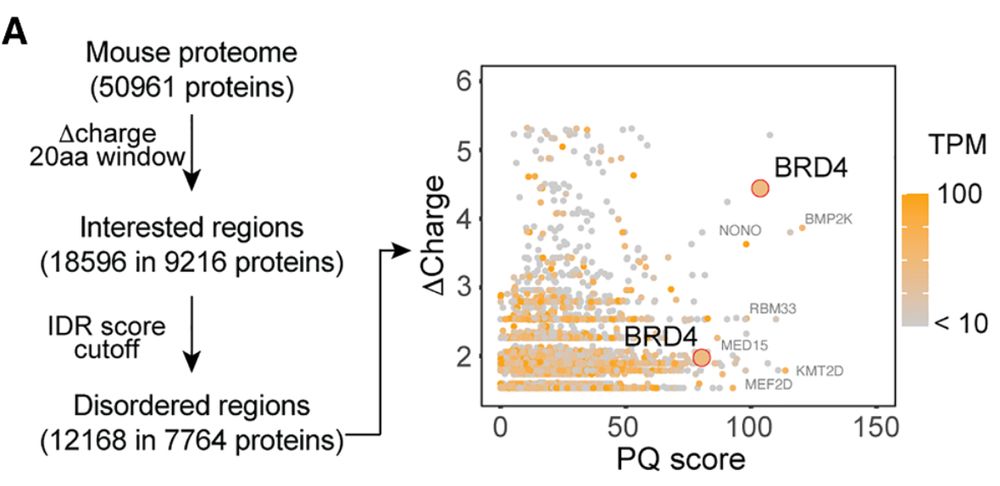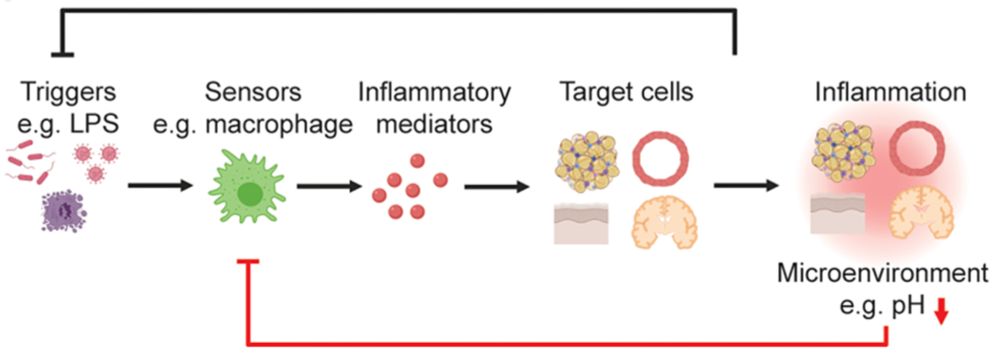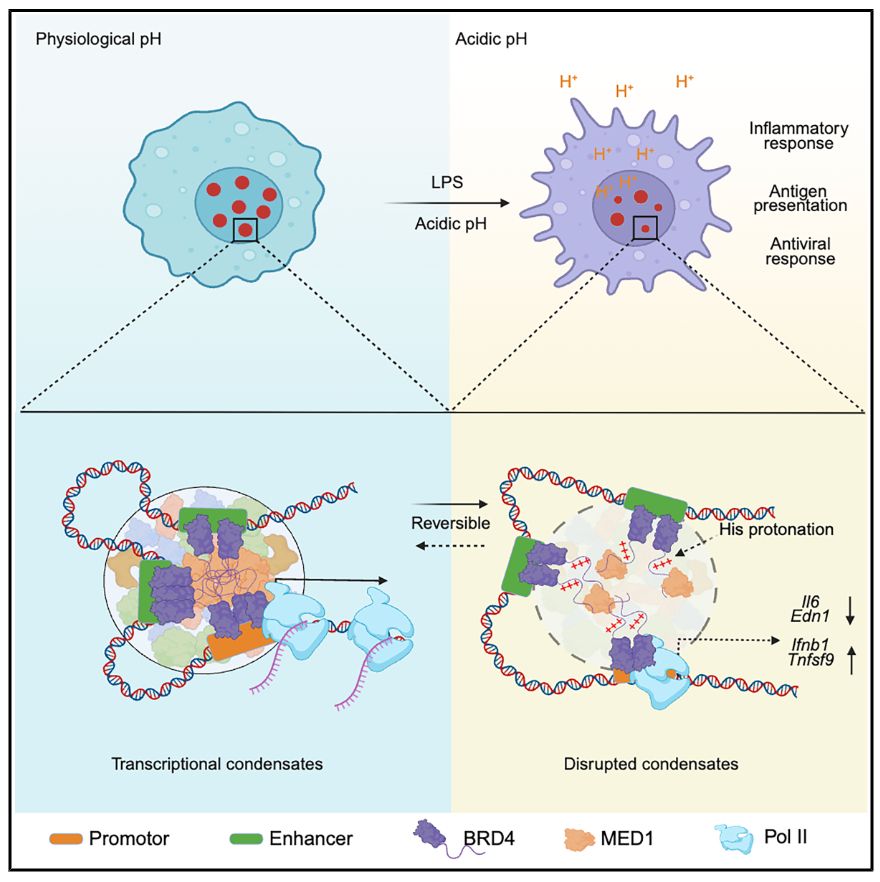inflammation, tissue biology, quant.&systems immunology #1stGen #ImmigrantScientists #NewPI
#inflammation #macrophage #chromatin #pH #biomolecularcondensates

#inflammation #macrophage #chromatin #pH #biomolecularcondensates






17/n

17/n







Alert 🔥 A computational pipeline will be online soon.

Alert 🔥 A computational pipeline will be online soon.

annualreviews.org/content/jour...
and our recent review focusing on pH with
Stephanie Hajjar

annualreviews.org/content/jour...
and our recent review focusing on pH with
Stephanie Hajjar
@rmedzhitov.bsky.social
science.org/doi/10.1126/...

@rmedzhitov.bsky.social
science.org/doi/10.1126/...











